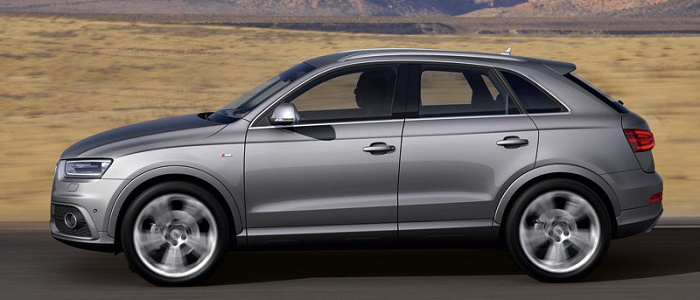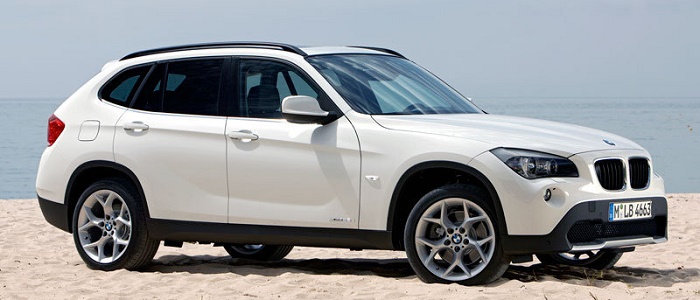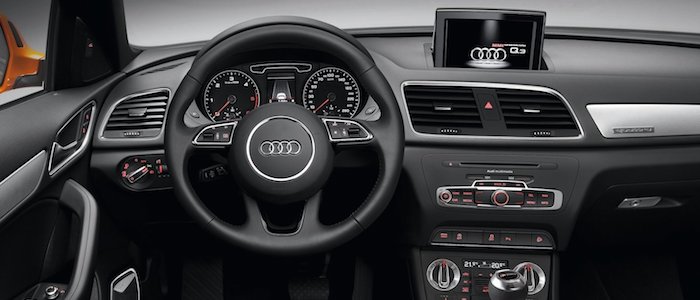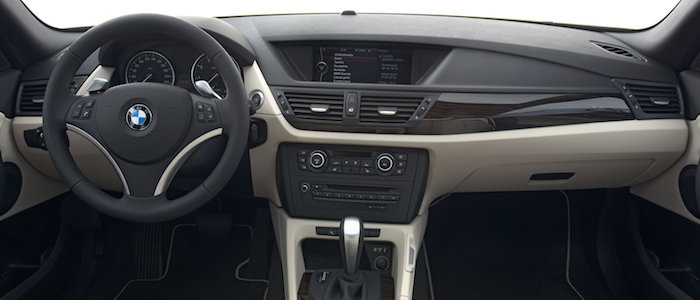Compare two cars
Compare any two cars and get our Virtual Adviser™ opinion
Dimensons & Outlines
Check vehicle history
Engine
Performance (manual gearbox)
Performance (automatic gearbox)
Expenses
Virtual Adviser's™ opinion
Two significantly similar cars, no doubt about that. Still, each one has something different to offer. Having both cars powered by diesel engines and utilizing the 5-door suv body style within the same 'SUV' segment, the only major difference here really is their wheel drive configuration (front for the Audi and 4 x 4 in the case of the BMW). The first one has a Volkswagen-engineered powertrain under the hood, a 4-cylinder, 8-valves 140hp unit, while the other one gets its power and torque from a 4-cylinder, 16-valves 143hp engine designed by BMW.
SafetyThe fact that the Audi got tested by the European New Car Assessment Programme (Euro NCAP), while the other contender didn't, puts it sky-high safety-wise, in my eyes at least. Still, apart from the official crash test results there are other things we need to be aware of. Both vehicles belong to the suv segment, which is generally a very good thing safety-wise, but that fact doesn't break the tie between the two cars. On the other hand, if we'd like to consider vehicle mass in this context too, which we definitely should, BMW X1 offers a marginal difference of 7% more metal.
ReliabilityReliability is not the best thing to consider on the make level, but it is worth mentioning that both brands display similar results in faults and breakdowns, all the models observed together. These are the results of an independent reasearch, while our visitors describe reliability of Audi with an average rating of 4.2, and models under the BMW badge with 4.1 out of 5. The same official information place Q3 as average reliability-wise, and X1 is more or less at the same level.That apart, owners of different cars powered by the same engine as Audi Q3 rank it on average as 4.4, while the one under the competitor's bonnet gets 4.1 out of 5.
Performance & Fuel economyAudi is a bit more agile, reaching 100km/h in 0.2 seconds less than its competitor. In addition to that it accelerates all the way to 202 kilometers per hour, 7km/h more than the other car. When it comes to fuel economy things look pretty much the same for both cars, averaging around 5.5 liters of fuel per 100 kilometers (52 mpg), in combined cycle.
Verdict
Audi appears just a bit more reliable, although the difference is truly marginal. The most important thing when deciding between any two vehicles should always be safety, both passive and active. In my opinion, everything taken into account, Audi Q3 beats the other contender by far, making it the best choice without even considering other things. It all continues in the same direction, with Audi being considerably quicker, thus putting more smile on driver's face. To make things even better, it consumps less fuel! All together, there's not much more to say, in this case I wouldn't even consider anything but Audi. Anyway, that's the most objective conclusion I could've came up with and it's based solely on the information found on this website. Aspects such as design, practicality, brand value and driving experience are there for you to measure them out. Also, you could use the oportunity to find out which car, everything taken into account, would be the perfect choice for you in the eyes of the virtual adviser™, among thousands of similar, yet so different vehicles.



































